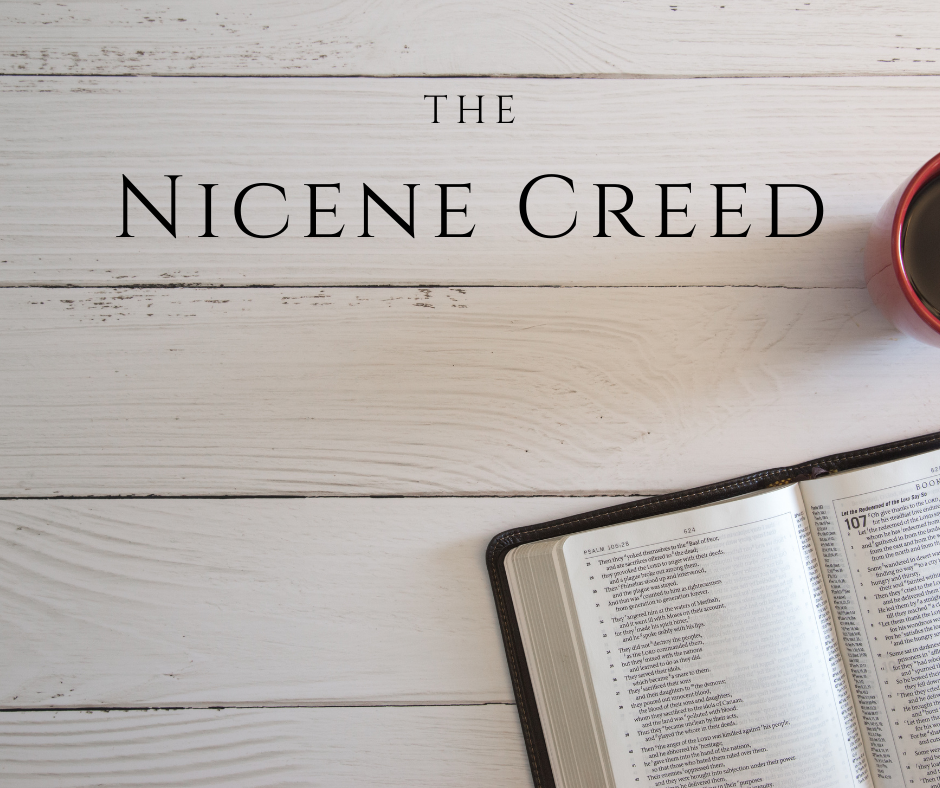Who spake by the prophets
Trinitarian theology is more than an academic discussion. Sadly, as I have mentioned before, Christians only see their need for Jesus. However, we need the true living God, who exists in three persons, Father, Son, and Spirit. Take, for example, the doctrine of adoption; the Father adopts us through the Son by the Spirit (Gal 4:4-6). Many doctrines have recently been questioned that quite possibly come back to a failure to understand Trinitarian theology and I might argue more specifically come from a failure to understand the person and work of the Holy Spirit. Some of these doctrines under attack in the past century are the inherency and sufficiency of Scripture, progressive sanctification, the cessation of extraordinary spiritual gifts such as tongues. I believe many of these errors stem from the failure to know about the person and work of the Holy Spirit.
The Creed, which seeks to address the deity of the Holy Spirit, explains three main arguments; 1) He is the Lord and giver of life, 2) he proceeds from the Father and the Son and therefore is the same essence as the Father and the Son, and should be worshiped as God, and 3) he spoke by the prophets. The last argument shows that the Spirit is God. The prophets would write, “Thus said the LORD…” Scripture is written by the hand of men but breathed out by God (2 Tim 3:16). Because Scripture is breathed out by God, no prophecy comes from the author’s interpretation. Peter explains that “no prophecy was ever produced by the will of man, but men spoke from God as they were carried along by the Holy Spirit” 2 Pet 1:21. Therefore we call the Scriptures the Word of God, or God’s Word. The Creed explains that because the Spirit spoke by the Prophets and the Prophets spoke God’s Word, the Spirit is God.
It is because the Spirit spoke by the prophets that the Spirit inwardly works to bear witness in our hearts by and with the Word of God (1 Cor 2:210-12). Through the Spirit’s inward illumination of the Word is necessary for the saving understanding found in the Word (Matt 22:29). Through this inward illumination, all those who are ordained to eternal life, the Holy Spirit, can make them willing and able to Believe (Ezek 36:26-27). Trinitarian theology is more than Latin words and phrases but is essential to the lives of believers. We give thanks to the Triune God for his special revelation that reveals our sin, but also our hope of salvation, but also that we are willing and able to believe.
“Forever, O Lord, your Word is firmly fixed in the heavens. Your faithfulness endures to all generations; you have established the earth, and it stands fast” Psalm 119:89–90.




